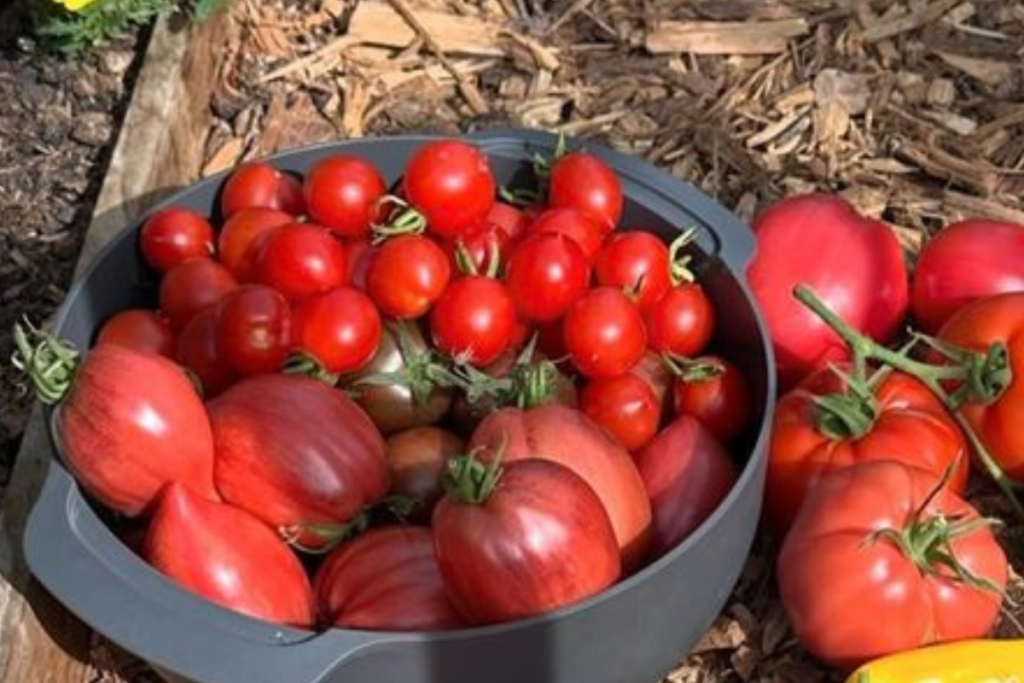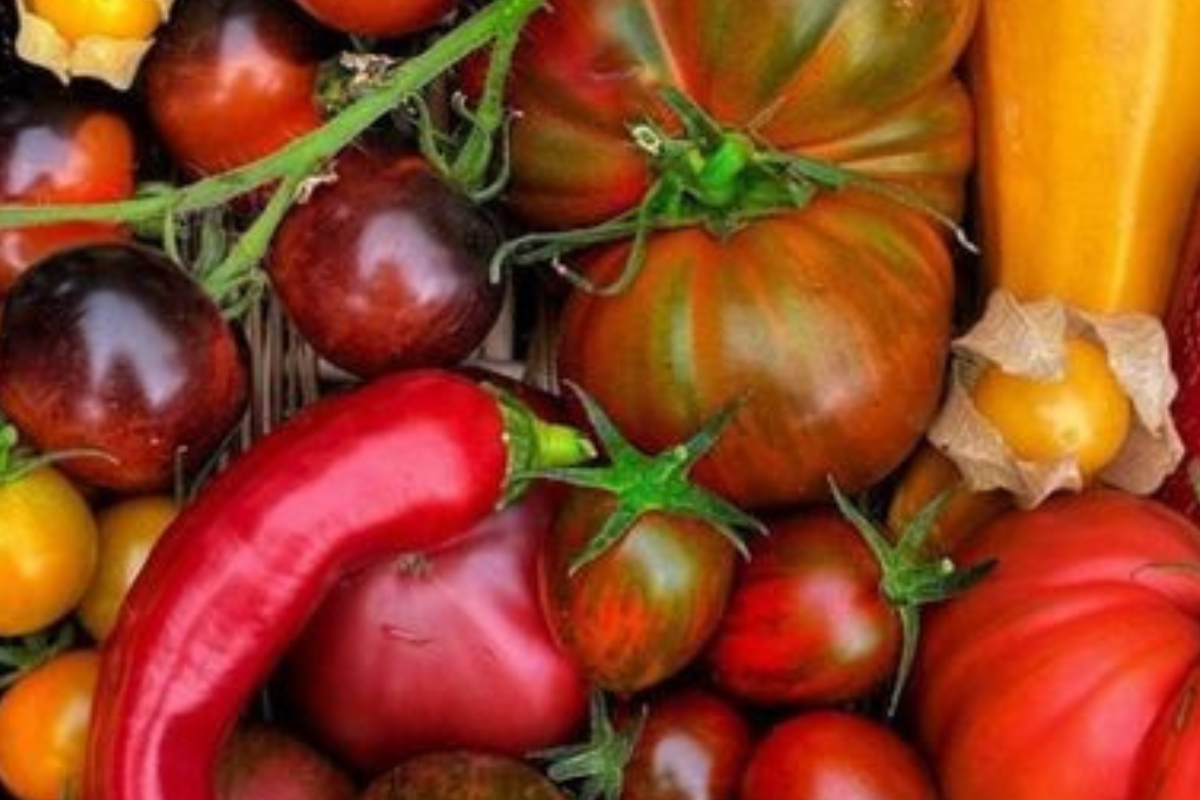Gardening is more than planting seeds; it’s about nurturing life. For tomatoes, peppers, and cucumbers—three of the most beloved garden staples—compost is not just an option; it’s a necessity. This nutrient-rich organic matter fuels their growth, increases yields, and sustains soil health, making it an indispensable tool for gardeners. Here’s why compost is the secret to their success and how you can use it effectively.
The Nutritional Needs of Tomatoes, Peppers, and Cucumbers
Tomatoes, peppers, and cucumbers are “heavy feeders,” meaning they draw large amounts of nutrients from the soil to sustain their rapid growth and prolific yields. Compost provides these essential nutrients, including nitrogen, phosphorus, and potassium, along with trace minerals that synthetic fertilizers often lack. Without replenishing these nutrients, soil fertility declines, leading to poor plant health and low productivity.
Why Compost is Essential.

Compost isn’t just fertilizer; it’s a soil conditioner that transforms the gardening experience. Here’s how it helps:
- Enhanced Soil Structure: Compost improves soil texture, balancing aeration, drainage, and moisture retention, creating the perfect environment for healthy roots.
- Sustained Nutrient Release: Unlike synthetic fertilizers that deliver a quick but short-lived nutrient boost, compost releases nutrients slowly over time, supporting plants throughout the growing season.
- Disease Resistance: Compost fosters beneficial microorganisms that suppress soil-borne pathogens, reducing the risk of diseases.
- pH Balance: By neutralizing soil pH, compost ensures that nutrients are easily absorbed by plants, optimizing growth.
How to Incorporate Compost into Your Garden
Pre-Planting Preparation
Before planting, mix 4–6 inches of compost into the top 8–12 inches of soil. This creates a fertile, nutrient-rich bed for seeds or seedlings to thrive.
Mid-Season Maintenance
As plants grow, side-dress with additional compost. Add a handful around the base of each plant, carefully working it into the soil without disturbing roots. This provides a mid-season nutrient boost, especially during flowering and fruiting.
Compost: Your Garden’s Best Companion
Planting tomatoes, peppers, and cucumbers without compost is like building a house without a foundation. These vegetables thrive when supported by the nutrient-dense, moisture-retentive qualities of compost. Beyond enhancing growth, composting is an eco-friendly practice that reduces waste, turning kitchen scraps and yard debris into garden gold.
By integrating compost into your gardening routine, you’ll cultivate a vibrant ecosystem where tomatoes are juicier, peppers are crisper, and cucumbers are more refreshing. Compost isn’t just an amendment; it’s the lifeblood of a thriving garden
